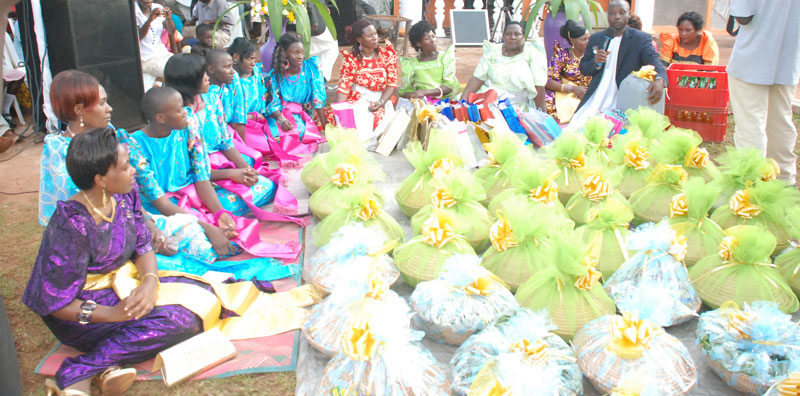Bee hive
Every one of us has ever given or received a gift. A gift or a present is an item given to someone without the expectation of payment. The gift item should not be owned by the recipient.
Although gift-giving might involve an expectation of reciprocity, especially as a favour, including forgiveness and kindness.
Gifts have a central role in the way we interact with each other. They occupy an important place in our social life. They build our relations with other people. We exchange gifts with other people on different festivals and events.
Gifts speak our love for one another. There are also gifts which are given merely out of material considerations. Whatever the reason for giving them, they enhance our relationship with people and bond us together.
Gift giving has long been a favorite subject for studies on human behavior, with psychologists, anthropologists, economists and marketers all weighing in. They have found that giving gifts is a surprisingly complex and important part of human interaction, helping to define relationships and strengthen bonds with family and friends. Indeed, psychologists say it is often the giver, rather than the recipient, who reaps the biggest psychological gains from a gift.
Gift giving is as old as human history. Since the dawn of time, people have been giving gifts to each other. In Egypt, pyramids and idols were constructed to honour the pharaohs. Gifts were also presented to beloved ones and used as dowries during betrothal ceremonies.
These gifts included precious jewellery or metal, a herd of animals etc. During the medieval times, gifts were given to kings in order to receive allegiance in a war or personal favour. These gifts were mainly made of gold or silver and included statues, medallions, chalices and other such precious articles.
In the days of Ancient Rome, gifts were exchanged during the Roman New Year’s celebrations. At first these gifts were token and symbolic, such as a few branches from a sacred grove or gifts of food and precious spices. Many of the gifts were in the form of vegetables and fruits in honour of the fertility deity, Strenia.
Did you know that in China and Japan, people never gift clocks as gifts? It is because clock represents ‘your time is running out’. Not an ideal gift to give, right? Guys you are not going to like this but the fact is that women buy more gifts than men do. And they are better at choosing good gifts.
It is also time we learnt that Gifts’ & ‘Presents’ are not exactly same. Gifts and presents are used interchangeably, but they are not exactly the same. When you give something to the recipient at a ceremony, it is a present and not a gift, let it be wedding or birthday. It is wrong to call it wedding gifts or birthday gifts. But by the new knowledge we have just learned, we have to pronounce it as wedding presents and birthday presents!
senkumbaib@ymail.com








